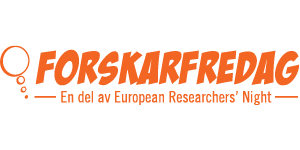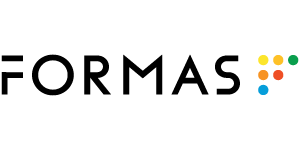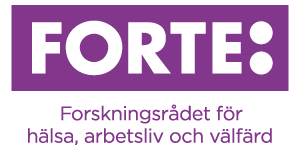Below we present the finalists, who competed in the national final in Stockholm on 1 December 2022.
MAKSIM NIKONOVICH
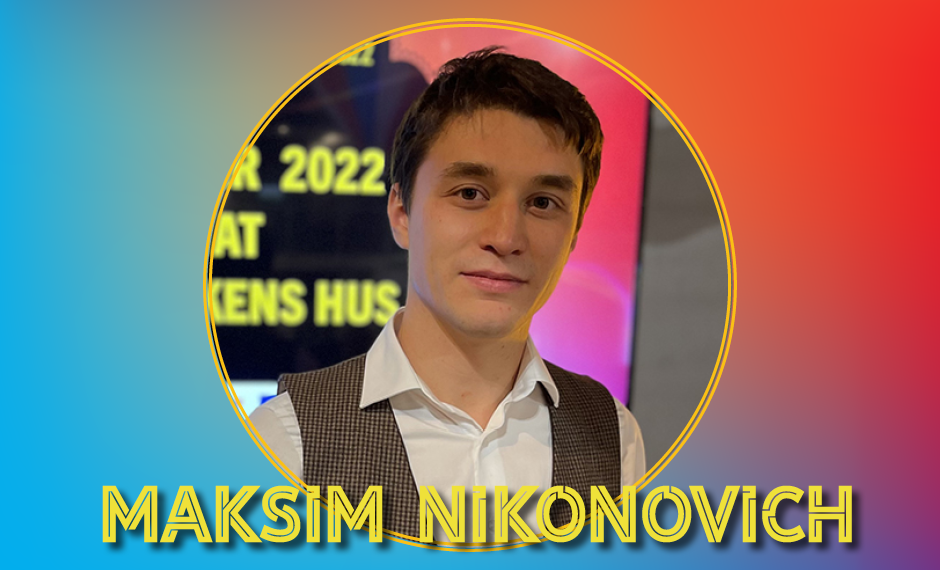
Tribology of Cool Polymers
The project is about “cool polymers”, which means both how fantastic they are and how their properties might be affected under cryogenic (very low) temperatures and various demanding environments. The research is done with focus on tribology (when the parts are in relative motion, the surfaces experiences friction and wear). The new technologies require utilization of low temperatures, for example, in the space, where there is vacuum and almost 4 K temperature, or evolving hydrogen, which in liquid form has a temperature of about -250oC. The idea is to replace the steel as a material, which has a lot of drawbacks, like embrittlement and high conductivity, with polymers that has some brilliant properties, but not well studied yet.
Contact:
Maksim Nikonovich, Luleå Institute of Technology
TOMAS ROSÉN
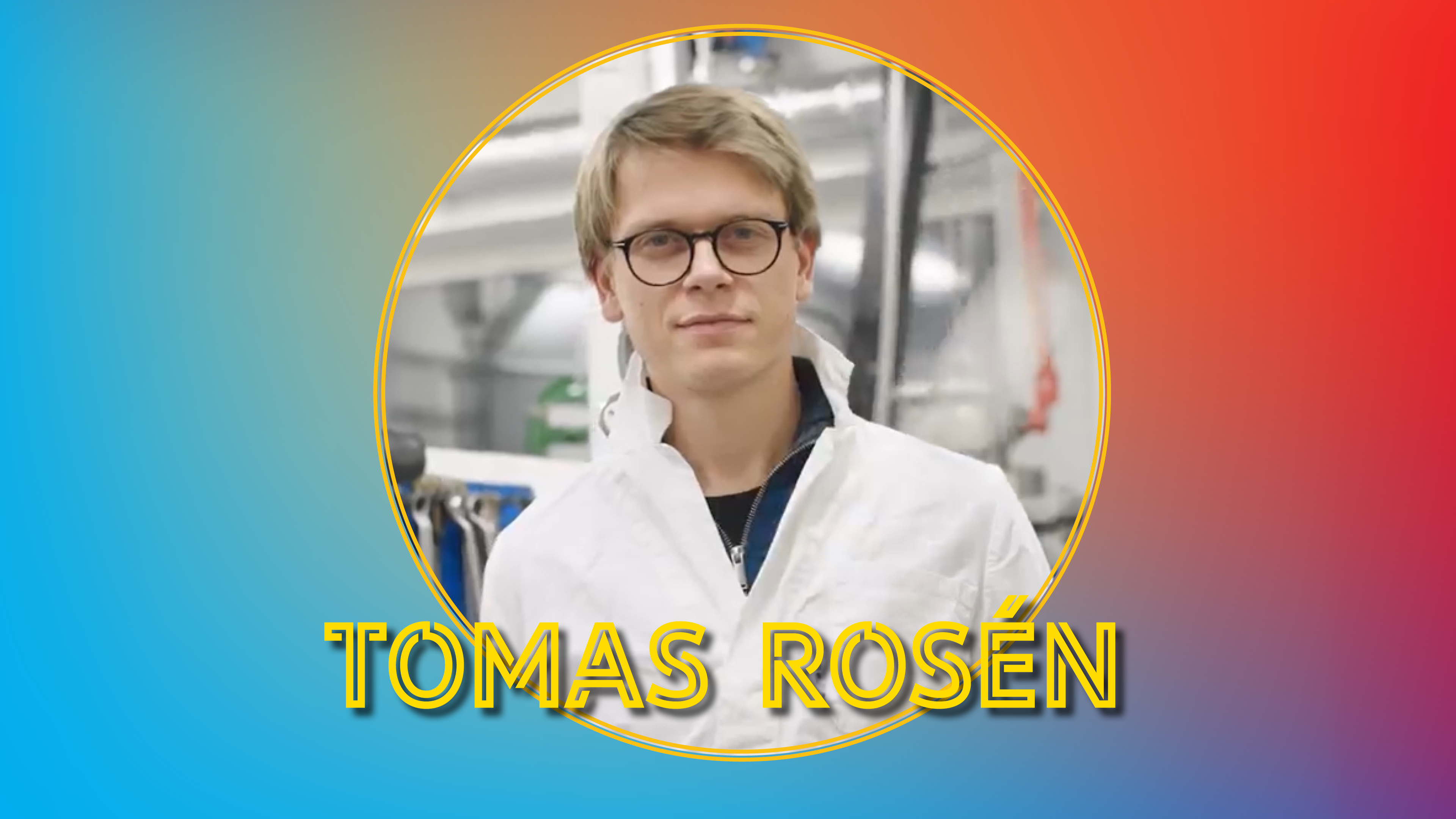
A world of green nanostructures
The world today is largely made up of advanced materials that have a much longer lifespan than the things they are used to create. For four thrilling minutes, I will be talking about how you can use nature’s own building blocks, tiny so-called cellulose nanofibrils, to create new green sustainable materials. The key is being able to create ordered structures from these nanofibrils, and doing this in industrial processes. How can the assembly of nanofibrils be controlled? And how can you even see them when they are only a few atoms thick? These are exactly the questions my research is seeking to answer!
Contact:
Tomas Rosén, KTH, Royal Institute of Technology
MATTHEW TOMPKINS
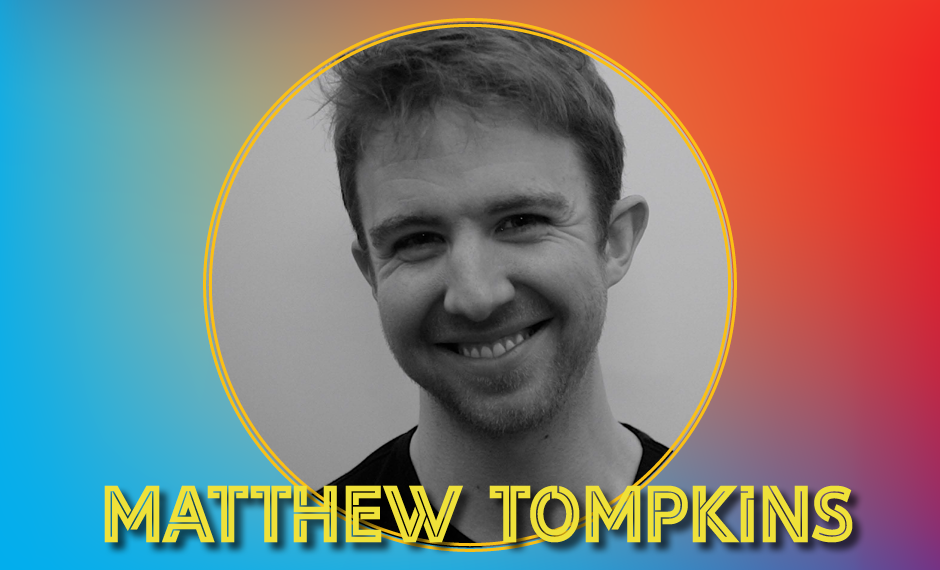
Seeing through illusions
Is seeing believing? Is believing seeing? How much can we trust the apparent truth of our senses?
Most of us feel like we have a pretty good understanding of how we see and remember the world around us. After all, we successfully use our perceptions and memories to navigate our day-to-day lives. This can feel like an effortless ’bottom-up process,’ where information from our senses is conveyed directly to our brains. But the truth is somewhat weirder- and, for better or worse, illusions play an integral part in how we perceive and remember events. This disconnect between how people believe their perceptions operate and how they genuinely operates can have serious practical consequences.
Before becoming a researcher, I used to work professionally as a magician, and today my job involves developing and running experiments that combine tricks and illusions with more traditional behavioral science methods to explore how people form beliefs about the world.
Contact:
Matthew Tompkins, postdoctoral Researcher in the Choice Blindness Lab at Lund University’s Cognitive Sciences Department (LUCS).
ERIKA BARALDI
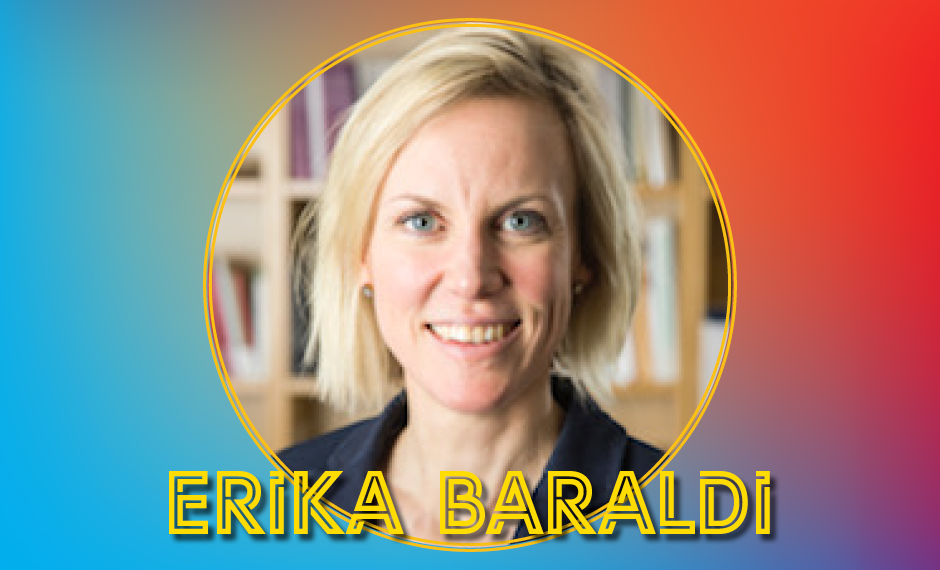
Strengthening families of extremely premature babies
I am a PhD student in Special Education at Stockholm University working on a research project called Stockholm Preterm Interaction-Based Intervention (SPIBI), which is collaborative project with the Karolinska Institute.
SPIBI is a brand new early intervention programme aimed at extremely premature babies and their parents, with the aim of strengthening the early parent-baby interaction, the children’s’ development and the parents’ mental health. As premature birth affects both parents and children throughout their lives, both medically, psychologically and in terms of learning, the research group is multi-professional involving doctors, psychologists, special needs professionals and physiotherapists.
There are 130 children involved in the SPIBI study, all of whom were born prematurely before week 28 of pregnancy somewhere in Stockholm between June 2018 and October 2021. SPIBI follows the families longitudinally over time.
As a young child psychologist, I am passionate about early interventions for babies; interventions that should make both parents and children feel as good as possible during the tumultuous time that is the toddler years. I have published a book on pregnancy psychology aimed at the public because responsive parenting begins already when the baby is in the womb.
Contact:
Erika Baraldi, Licensed Psychologist and PhD student in Special Education at Stockholm University.
GINA GRIFFIOEN
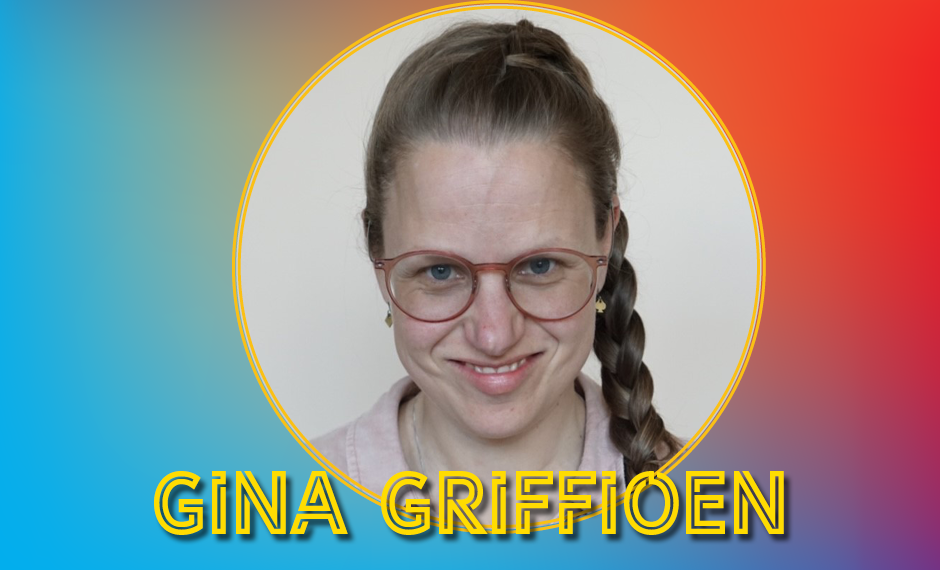
Developing treatments for autism
As a psychiatrist, I often meet patients and relatives who want medication for their autism. Some are unable to communicate without hitting themselves or others. Others find change difficult, and most have a hard time with loud noises or being touched. But there are no treatments, and as a researcher I want to change that!
Despite many years of research, we still don’t know how an autistic brain differs from a non-autistic brain. I am investigating these differences in twins, where one twin has autism and the other does not. Using radioactive substances, we can see how many nerve cell connections they have. My initial analysis has shown that it may be the opposite of what we previously thought: the twins with autism appear to have fewer nerve cell connections than their non-autistic twin siblings.
I hope that my research can contribute to the development of good treatments for autism, so that I can help my patients and their families.
Contact:
Gina Griffioen, psychiatrist and researcher
PETER BACKEMAN
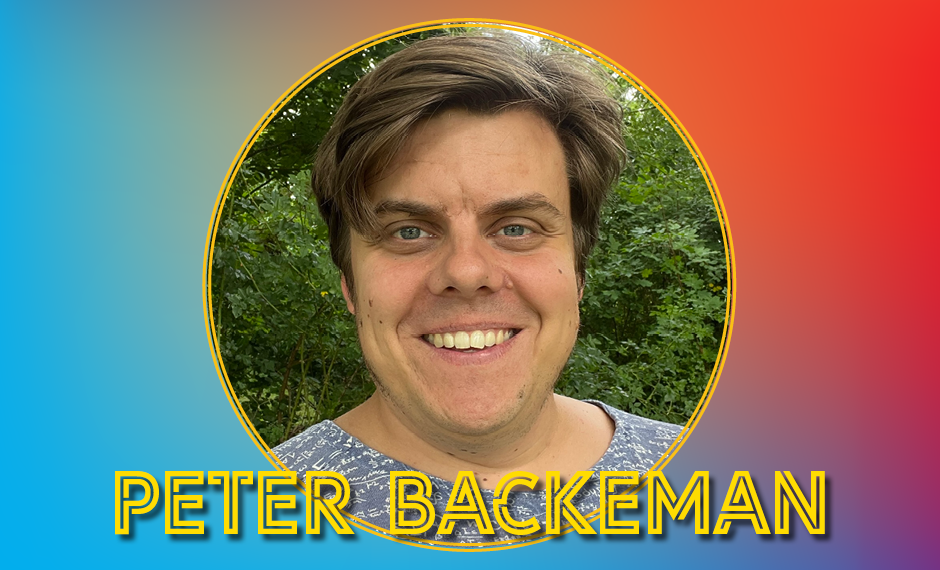
How do we know a computer system is doing the right thing?
Computers are everywhere. Everywhere! And every computer runs lots of different computer programmes, also called software, that affect our everyday life almost all the time. In our mobile phones, in our cars, yes, even in our toasters you find computers. Some of these computer programmes are incredibly complicated, while others are just meant to do one simple thing. But how do we know that all these things are doing what they are supposed to do? How do we know that a programme does not contain a lot of bugs? Traditionally, testing has been used to ensure that the programmes are bug-free. By test-driving them in many different situations and seeing that they don’t crash, you can be confident that they are working as they should. Or can you?
In my presentation, I want to show the limitations of software testing and present an alternative way to guarantee the functionality of a programme. Using formal methods, a kind of logical analysis, we can prove that a programme is correct and get a hundred percent guarantee that it is functioning as it should.
At Mälardalen University in Västerås, I am researching how to apply so-called formal verification, i.e. a mathematical analysis, on different types of systems to be able to prove that systems are doing what they should in critical situations. This becomes increasingly important as more aspects of our lives depend on computer systems not failing.
Contact:
Peter Backeman
Post Doc at the School of Innovation, Design and Engineering (IDT) at Mälardalen University

